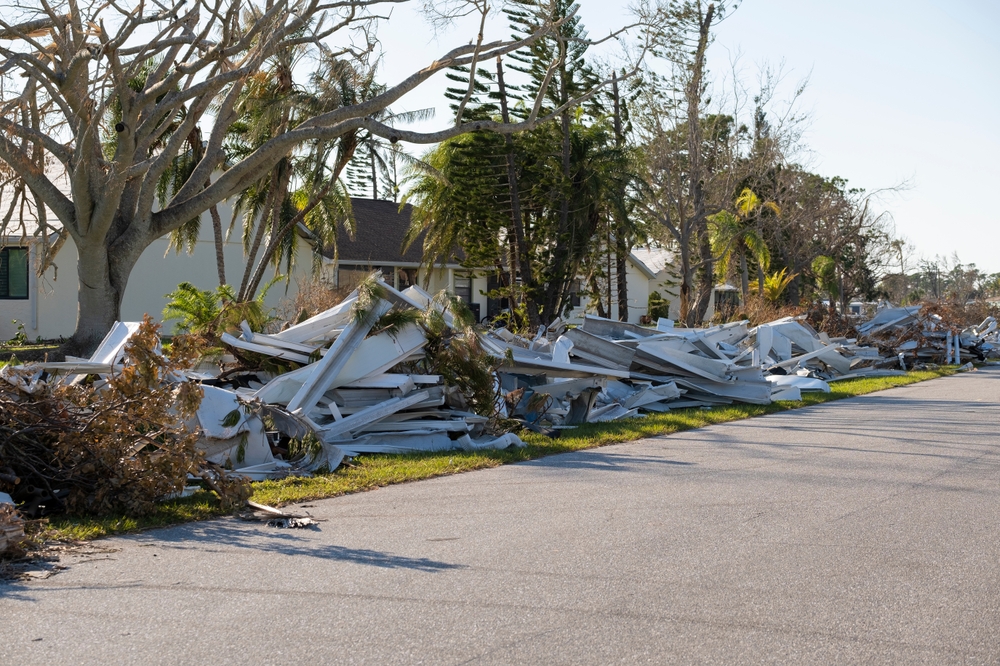Vibrio vulnificus is a rare but dangerous bacterium commonly found in coastal waters.
Others are reading now
In the aftermath of Hurricane Milton, which recently ravaged Florida, residents are now facing a new danger — not from the wind, but from the floodwaters left behind.
Health Experts Urge Caution
While the storm’s winds have calmed, the state’s Department of Health is warning about a potentially deadly bacterial threat, Vibrio vulnificus, lurking in the standing water, according to WP.
Hurricane Milton, fueled by the warm waters of the Gulf of Mexico, twice reached Category 5 status, with maximum sustained winds of nearly 330 kilometers per hour (205 miles per hour). Now that the storm has passed, health experts are urging caution, particularly in areas affected by flooding, where Vibrio bacteria thrive.
Vibrio vulnificus is a rare but dangerous bacterium commonly found in coastal waters, especially during the warmer months of May through October. It thrives in environments where saltwater mixes with freshwater, which occurred after Milton pushed massive amounts of water inland.
Also read
Heavy rains and storm surge created ideal conditions for the bacteria to multiply. According to Florida health officials, exposure to floodwaters containing this bacteria could lead to serious health risks.
64 Confirmed Cases
The most common way people become infected with Vibrio vulnificus is through open wounds or in individuals with weakened immune systems.
Symptoms of infection, known as vibriosis, can range from vomiting, diarrhea, and stomach cramps to fever.
In more severe cases, the bacteria can cause localized infections around wounds, leading to swelling, discoloration, and pain. These infections can quickly become life-threatening, sometimes resulting in surgery or even amputation.
As of October 4, Florida had confirmed 64 cases of Vibrio vulnificus infections, many of which occurred in areas surrounding the Gulf of Mexico.
Residents and cleanup crews are being advised to avoid contact with floodwaters whenever possible and to seek medical help immediately if any symptoms arise after exposure.


